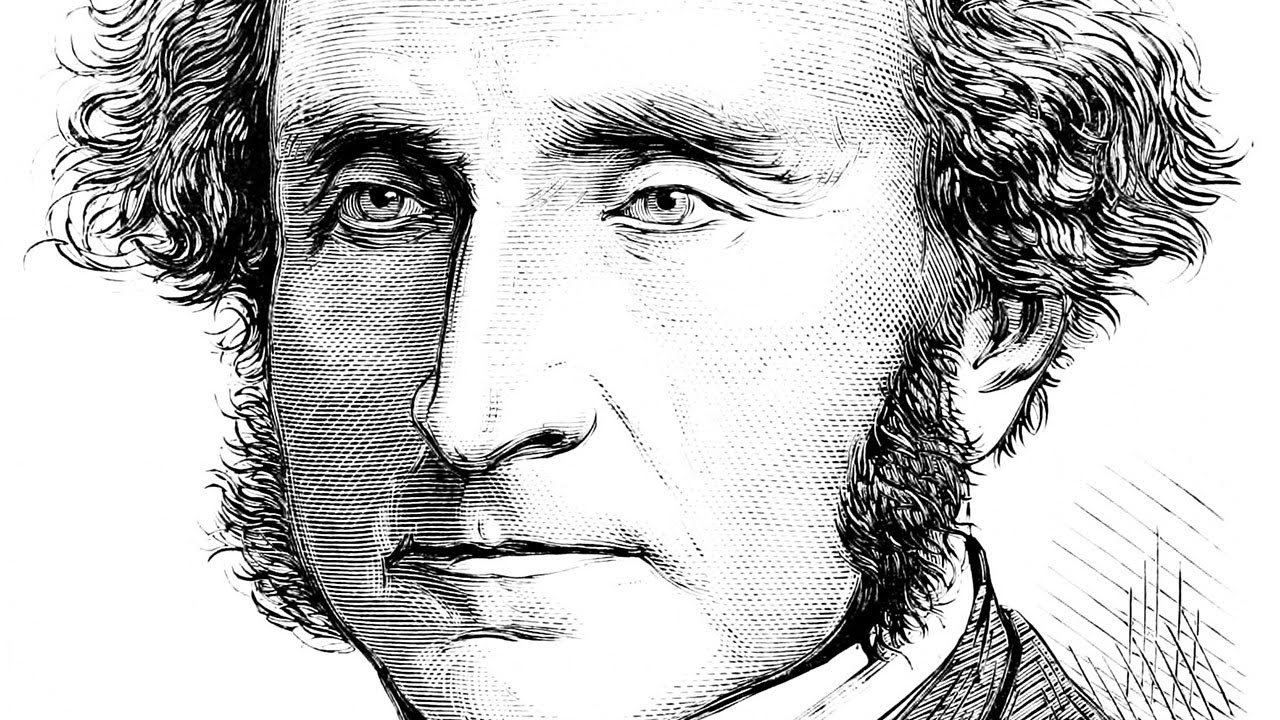
Mill, liberty and euthanasia
Would JS Mill have supported euthanasia?

The voluntary euthanasia debate often remains at the level of emotion and rhetoric. In a recent article in Philosophy Now, Simon Clarke of the American University of Armenia attempted to provide a philosophical defence of euthanasia, drawing upon the classical-liberal philosophy of John Stuart Mill.
Clarke considers Mill’s conception of human flourishing. For Mill, human beings fulfil themselves when allowed to freely develop their own individual identity.
“An objectively good life, on Mill’s (Aristotelian) view, is one where a person has reached her potential, realizing the powers and abilities she possesses…By this he meant the development of a person’s unique powers, abilities, and talents, to their fullest potential.”
It was on the basis of this anthropology that Mill posited his famous ‘liberty principle’, namely that “The only purpose for which power can be rightfully exercised over any member of a civilised community, against his will, is to prevent harm to others” (John Stuart Mill, On Liberty, 1859, ch.1).
Clarke proceeds to consider how Mill’s conception of liberty might apply to the spirited debate over voluntary euthanasia. According to Clarke, euthanasia is, at least potentially, an opportunity for self-actualisation and an expression of individuality.
“…a person may have reached a point in her life when no higher self-realisation is possible. In fact rather than merely fail to add to her achievement of individuality, continuing to live an increasingly incapacitated life may even detract from it. Having already reached her fullest potential, a much-diminished continued existence may significantly undermine it. To prevent this happening, a person must have the freedom to choose the timing and manner of her death…”
In other words, euthanasia is the final hurrah of the individualist. And it is precisely the individual concerned who is in the best position to tell whether euthanasia is appropriate: “At the end of a life during which a person has developed his talents and capacities, it is that person who is in the best position of being able to judge whether further self-development is possible or if his individuality has reached its fullest potential.”
Clarke’s essay is an interesting presentation of the issue from a Millian perspective, But some might disagree with his interpretation of Mill. Mill famously stated that to sell oneself into slavery was impermissible, and warranted intervention.
“…by selling himself for a slave, he abdicates his liberty; he foregoes any future use of it beyond that single act. He therefore defeats, in his own case, the very purpose which is the justification of allowing him to dispose of himself…”
It does not seem at all a stretch to think this principle applicable in the case of suicide. Is there really such a time as one is fully actualised, and can no longer grow in their individuality?
Mill, liberty and euthanasia
Xavier Symons
https://www.bioedge.org/images/2008images/John_Stuart_Mill1.jpg
Creative commons
https://www.bioedge.org/images/2008images/John_Stuart_Mill.jpg
euthanasia
liberalism
libertarianism
- Can machines be moral? - March 7, 2021
- Can we synthesise Christianity moral theology with secular bioethics? - November 28, 2020
- Euthanasia polling data may fail to capture people’s considered views - August 15, 2020
